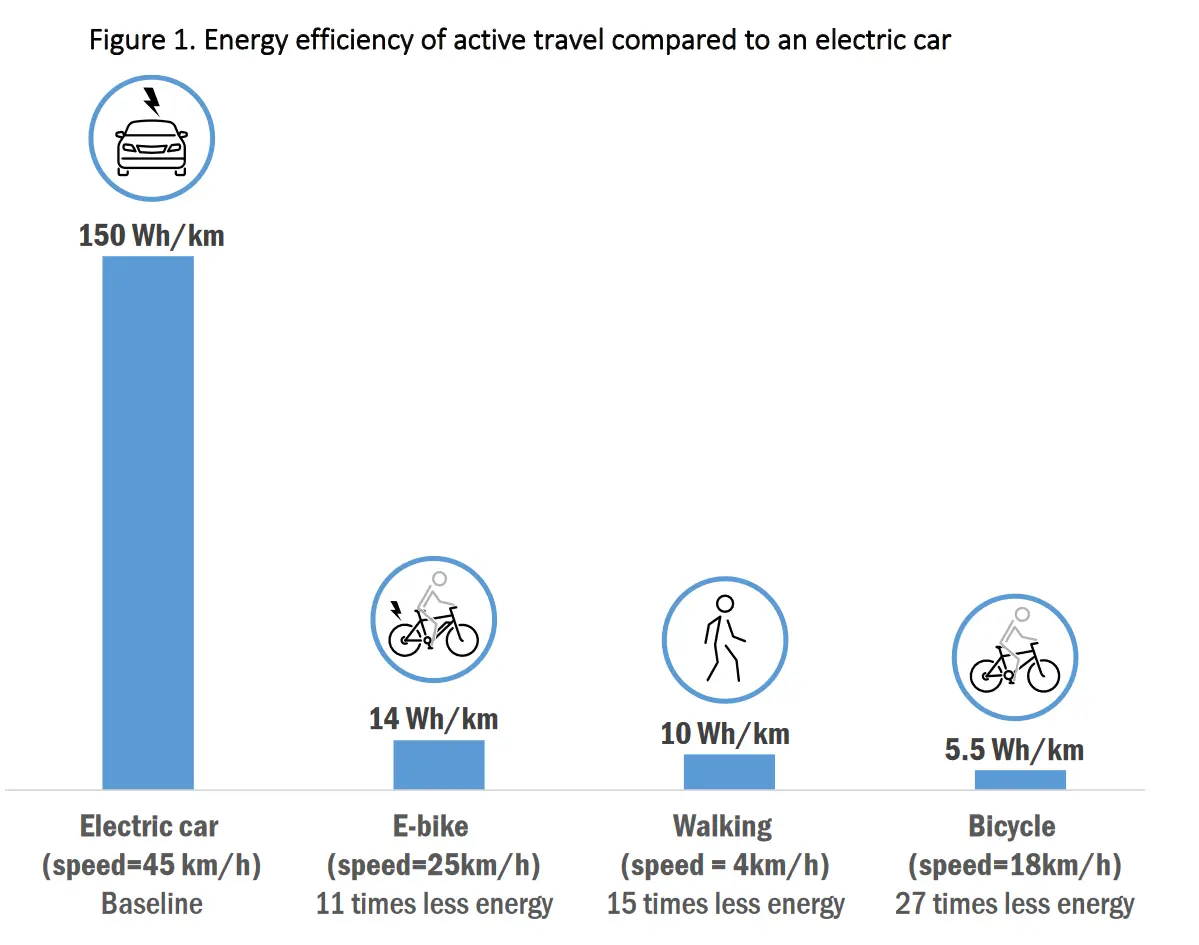365
you are viewing a single comment's thread
view the rest of the comments
view the rest of the comments
this post was submitted on 03 Mar 2024
365 points (91.2% liked)
Climate
8295 readers
20 users here now
Discussion of climate, how it is changing, activism around that, the politics, and the energy systems change we need in order to stabilize things.
As a starting point, the burning of fossil fuels, and to a lesser extent deforestation and release of methane are responsible for the warming in recent decades:

How much each change to the atmosphere has warmed the world:

Recommended actions to cut greenhouse gas emissions in the near future:

Anti-science, inactivism, and unsupported conspiracy theories are not ok here.
founded 2 years ago
MODERATORS

Let me just travel 30km to the shops by foot and carry shopping home another 30km back again
Have you heard of this miraculous thing called public transit? And there are things called panniers which are pretty cool too.
But frankly, if you don't have groceries within walking distance, your neighborhood and your zoning laws are very poorly designed.
And that's deliberate. Neighborhoods around the world are designed to require cars to live in, because of oil company lobbying, and also for "security", in order to keep out people too poor to own cars.
Getting rid of cars requires changing the various ways our cities are designed to make cars necessary. That's worth doing too.
Living outside land of the free, I have like 4 grocery stores and 1 supermarket within 15min walking distance, and I don't live in a dense neighborhood.
I don't live in a city.
I used to live in a place that was somewhere between suburb and rural and I loved not being around people but I hated not being able to walk to get basic necessities. Now I live in the city and I have everything I could ever need within a 15 minute walk and I get to choose whether I pay for a car, a licence, plates, insurance, gas, maintenance and repair. This system really has us fucked into believing that this is the way it should be.
Can confirm. It takes an hour to walk to the city. I have 3 grocery stores within 10 min of walking (checked with Google maps too)
In this graph a bus would be a lot worse than a far given the massive size, aerodynamic brick wall, and constant stops.
Yeah but you have to divide the footprint by the average number of travelers.
Which in non city environments with high frequency is often only a handful to a dozen at most. Not that it matters, as this graph doesn’t show or or try to compare per person, only calories per vehicle mile.
My neighborhood pre-dates cars
It might've had grocery stores in it before, or tiny lawn stores and such. It might've also just been very poorly designed.
That means the urban planning in your area is garbage. That is fixable and has to be fixed.
Wouldn't go as far as calling it urban, it's a few streets on a mountain
there's always outliers. don't worry noone is saying you need to walk in those circumstances
A few streets on a mountain can and should have a grocery store. For the occasional specialized needs, rural residents can use comparatively inefficient modes of transport because of their relatively small number. There's still a huge margin for better efficiency and planning.
Actually was priced out of everywhere else
Also carry 4 other humans with you when you go